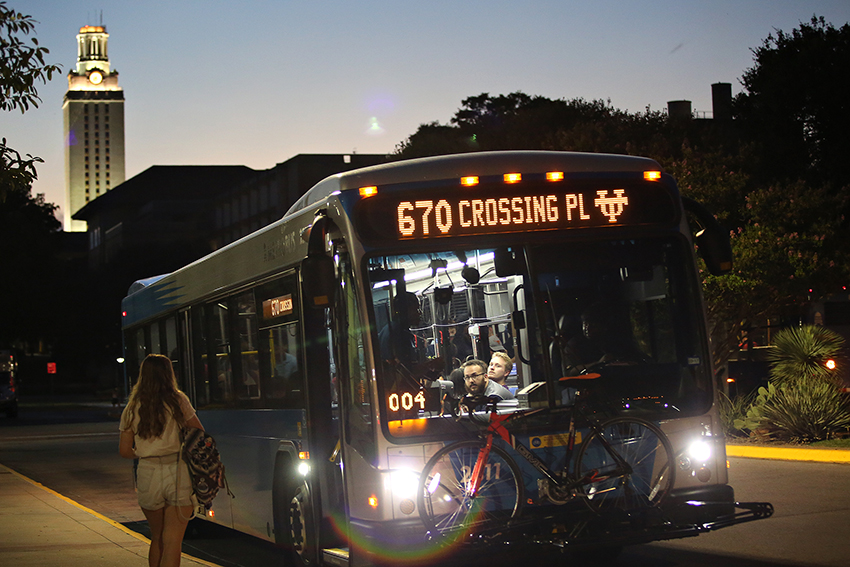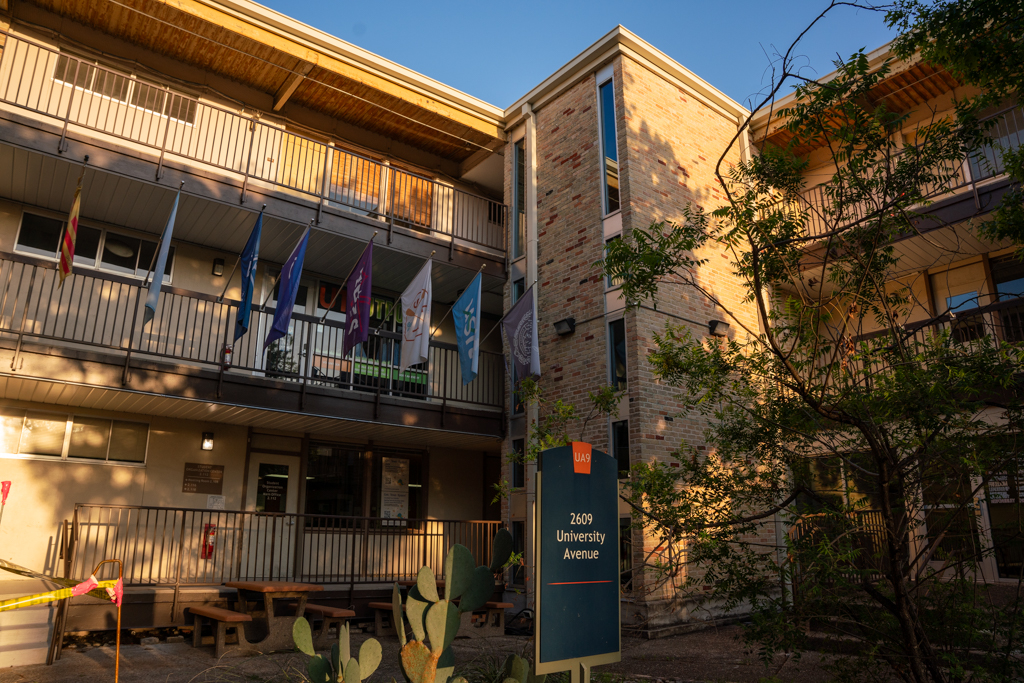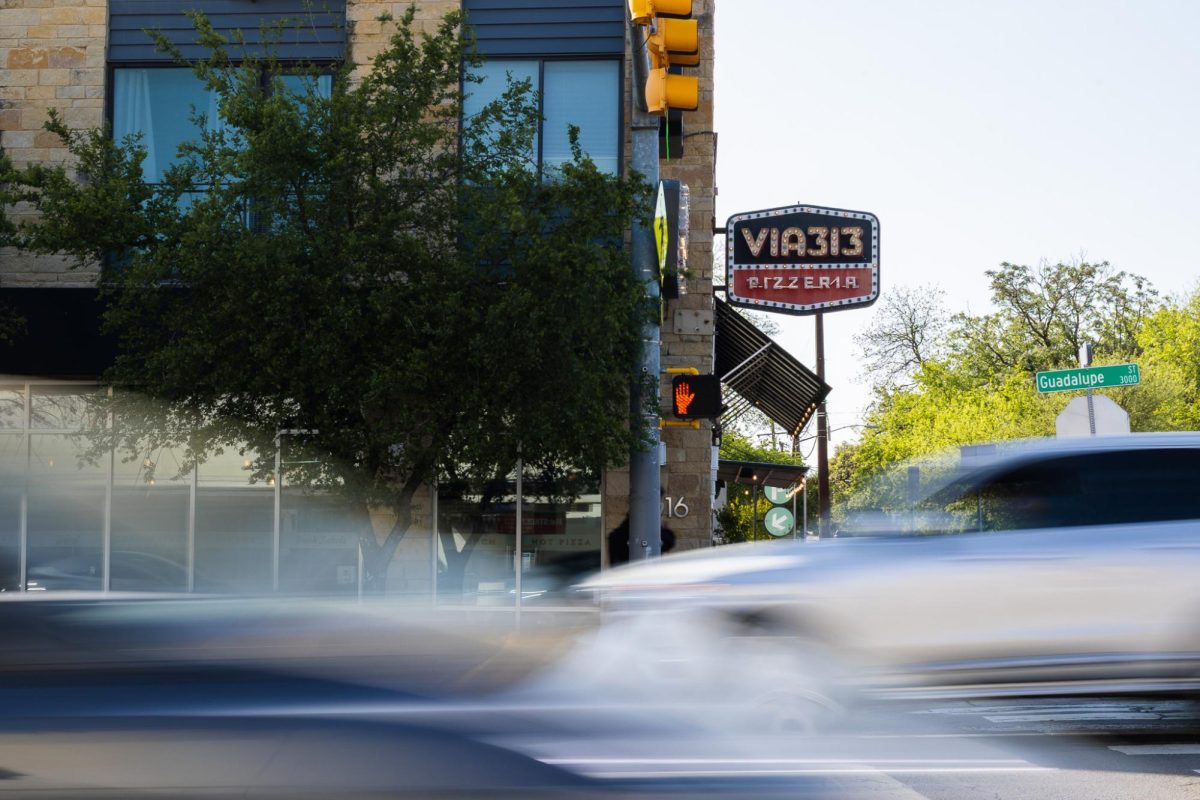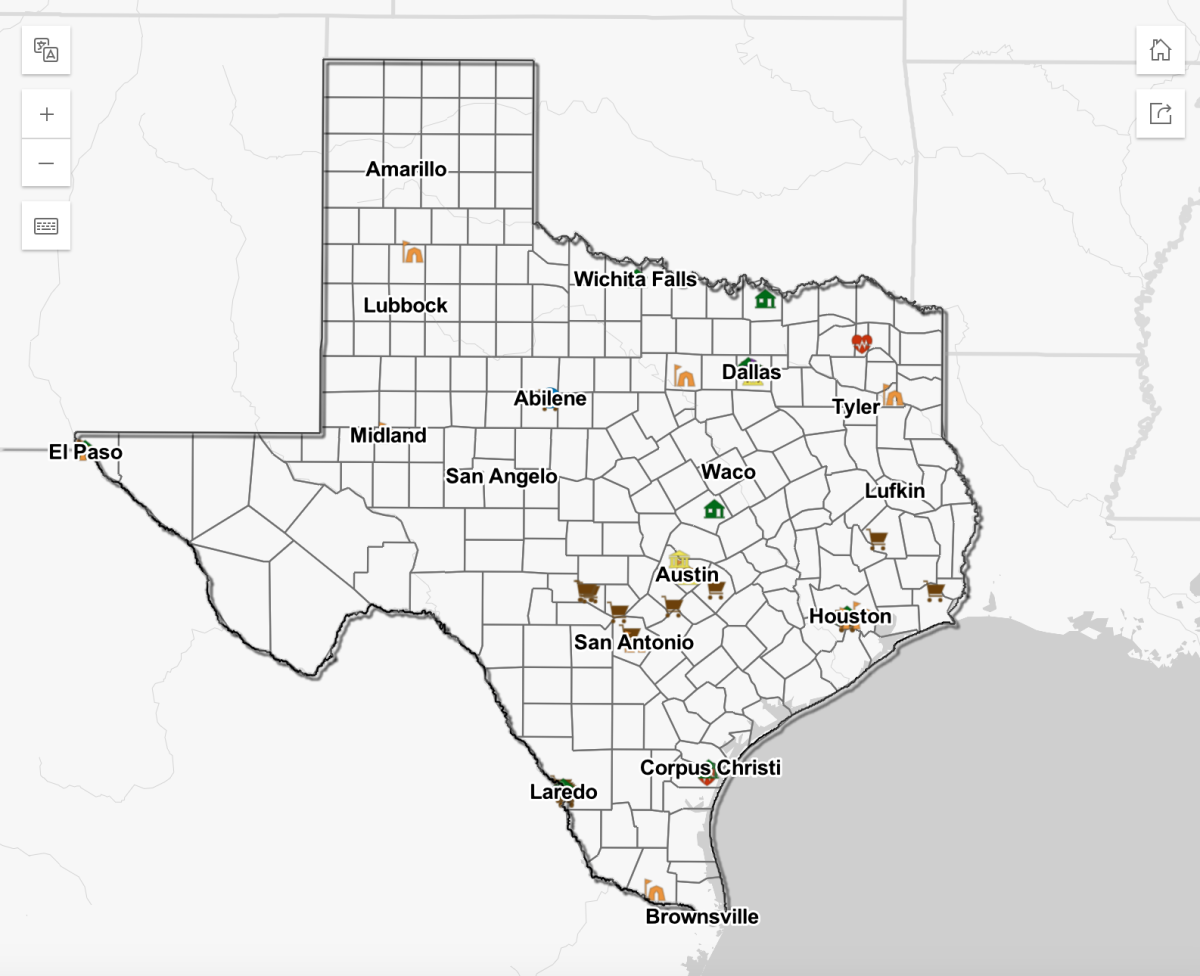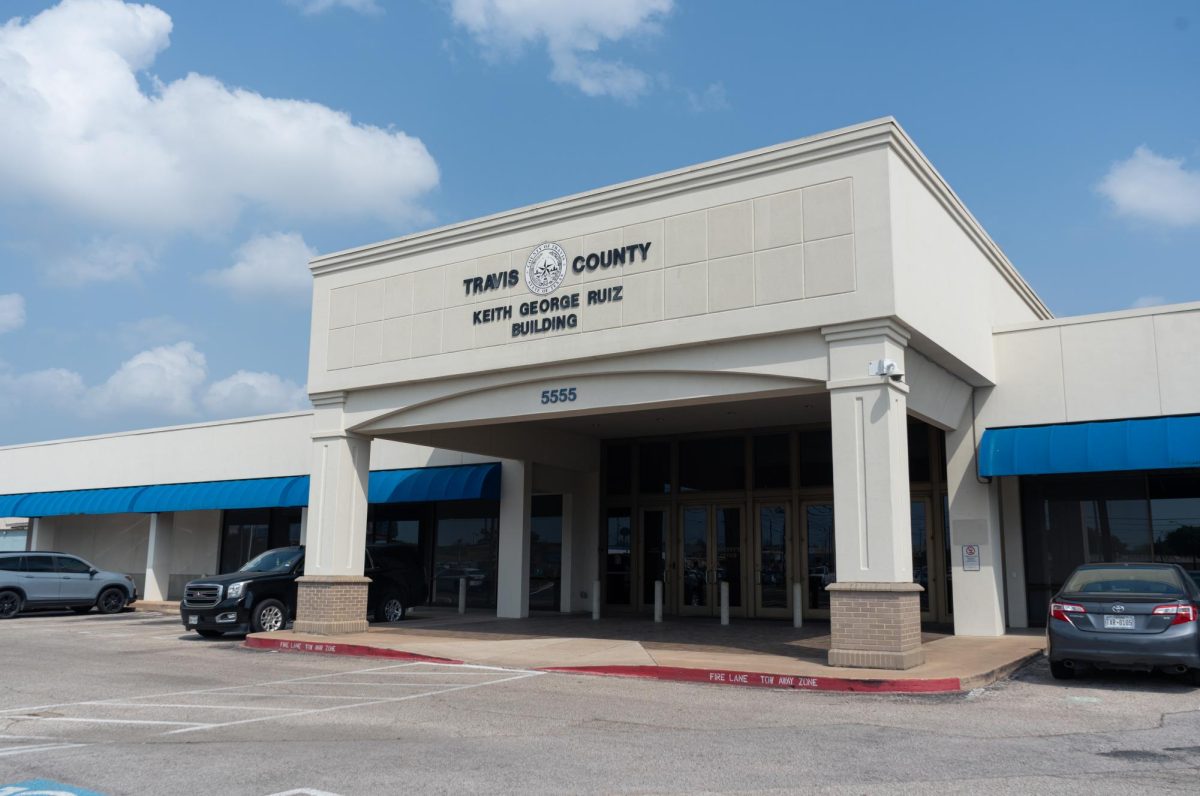Austin’s Capital Metro transit system will receive a $11.2 million grant from the Federal Transit Agency to purchase more buses as a way to support regional transit projects.
According to a statement from Capital Metro, the money will be used to purchase buses to serve more rural areas around Austin that need transportation into the city. The project will be in partnership with the Capital Area Rural Transportation System, which works to provide more efficient transportation for commuters.
Capital Metro spokesperson Mariette Hummel said the funds will result in new buses in the near future.
“The new and replacement buses purchased through [the program] will enhance access to work by providing commuter transit service to and from suburban areas,” Hummel said. “We will continue working with the FTA and hope to be able to receive and implement the grant funds in the next few months.”
The grant will fund already existent Capital Metro regional transit plans. According to Hummel, the grant will provide funds for 30 Metro buses and 30 CARTS buses, including cutaway buses, commuter buses and EZ-rider buses.
The organization is developing transportation efforts with surrounding municipalities such as Hutto, Georgetown, Pflugerville, Round Rock and Buda through a federal initiative called the Regional Mobility Bus Program, which aims to expand employment, healthcare and educational opportunities by extending transportation toless-accessible areas.
“[The] grant will allow us to build upon the partnership with CARTS to improve regional mobility in the Central Texas region, one of the fastest-growing areas in the country,” Hummel said.
Capital Metro cited support from Texas Republican Congressmen Roger Williams, John Carter, Bill Flores, Michael McCaul and Lamar Smith.
“This is great news for the city of Austin, as this will help us meet our regional needs while connecting more Texans to more job opportunities,” Williams said in a statement.
State Representative Celia Israel (D-Austin) also helped the agency receive federal funding for the regional project, according to Capital Metro.

